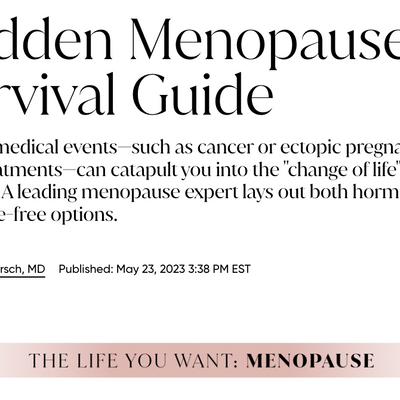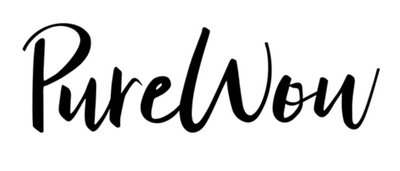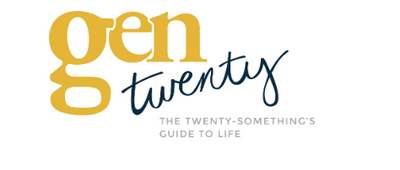Founder feature on Ideamensch
Here's an excerpt from the interview with our founder, Christine Mason. Read the full interview here.
How do you bring ideas to life?
In some ways, I think ideas already exist in the ether, in the space between us—and that if we tune in and get still enough, they’re there to catch. Ideas come from making cross-connections between things I’m observing or hearing, and a sort of mystical grabbing it out of the zeitgeist. It’s quite a mysterious and co-creative process. The number of ideas seems unending; the most important step is about discerning which ones to act on. If it’s about starting a company, you have to figure that you will devote a good portion of the next 3 to 5 years of your life on it. Is this a question that can stay with you? Are these people you want to be with at trade events and in sales meetings? Does the world need it? Is it in your dharma? Then I go into the validation phase: research, work the plan and the numbers. 90% of projects get cut in the discernment phase, another 5% in the validation phase.
What’s one trend that excites you?
Everywhere I look, there’s a new focus on elevating our consciousness—through meditation, collective healing and increased awareness of our shared space or ecology. I see a lot of people looking our technology in the face and asking: “how do we best use this innovation to support a better way to live as humans?”
We do need our consciousness to catch up to our technologies, or we will self-destruct. I see a lot of signs of people reaching out for a deeper wisdom, all over the earth, especially among the young.
What is one habit of yours that makes you more productive as an entrepreneur?
Doing the one thing that has to get done today. Which means waking up in the morning and knowing what that one thing is and getting that done first. Then, if everything else doesn’t get done, at least I’ve accomplished the most important thing. I would say the other thing is, thinking backwards in time. One of the biggest mistakes people make is thinking forward in linear time— assuming that nobody else in the value chain of what you’re trying to make has a life. You don’t anticipate that they might be going on vacation, they’re sick, they have other things on their plate. So, when I build in timelines of when things have to happen, I build them backwards.
What advice would you give your younger self?
I would tell her not to waste energy being critical of yourself or others. No project or person or family system thrives under criticism. So, focus on what you want to create, and go in that direction. Celebrate what you have. And that particularly applies to your own beautiful being.






















